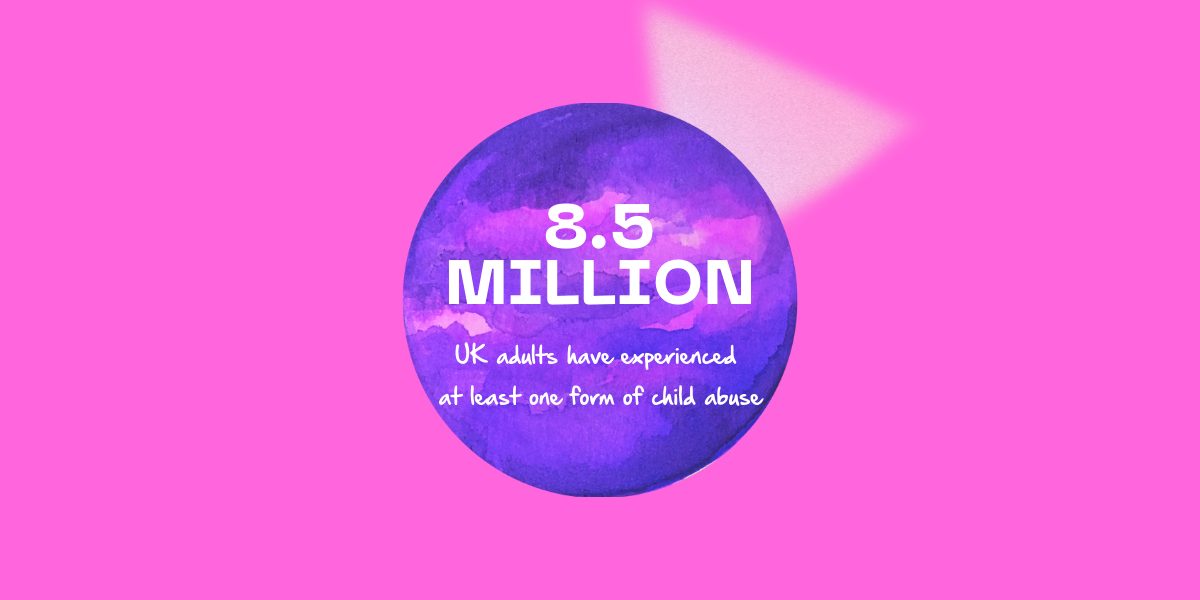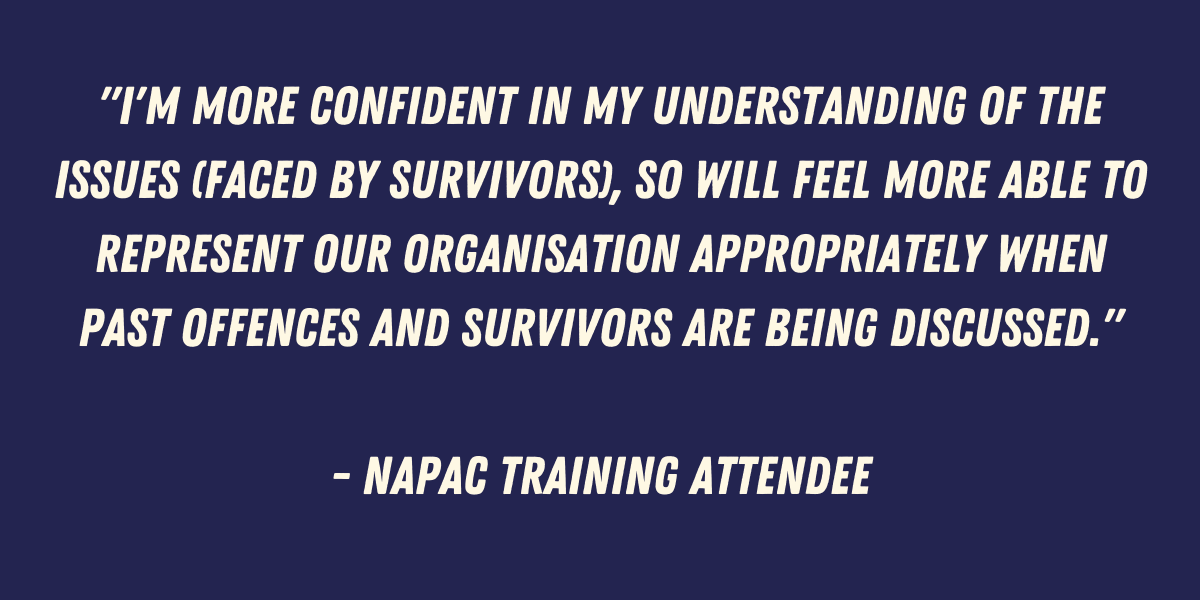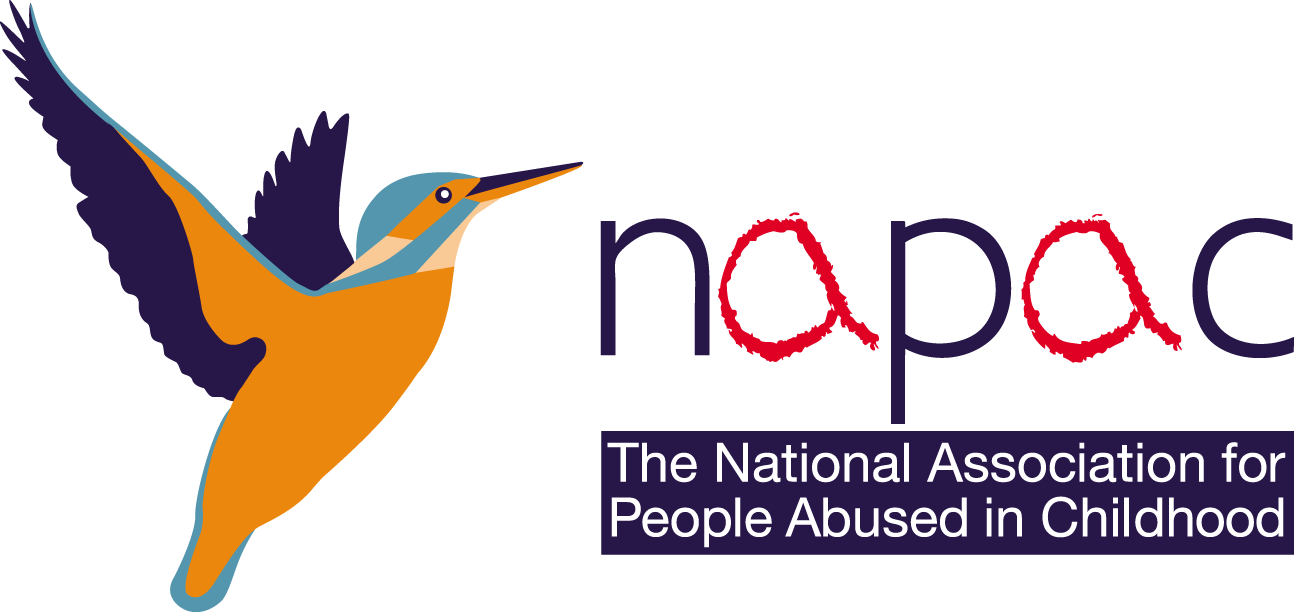
The main goals of trauma-informed practice are to: raise awareness amongst all staff in health and social care settings about the wide impact of trauma and to prevent the re-traumatisation of clients in settings that are meant to support healing and recovery.
A traumatised society
The high prevalence of trauma and post-traumatic stress in the general population is being increasingly recognised – caused by events such as chronic abuse and neglect in childhood, witnessing domestic violence, living in poverty, and experiencing racism. In a landmark study, Felitti and Anda (1) showed that many mental and physical illnesses and general emotional distress are associated with unprocessed traumatic experiences.
In short, Post Traumatic Stress Disorder (PTSD) is not just experienced by war veterans – it’s a wider societal issue that needs organisational awareness and change.
For people living with mental health diagnoses, it can be empowering and healing to understand that many (if not all) of their symptoms are linked to chronic traumatic experiences in childhood rather than ‘disorders’. Trauma-informed practice encourages trained practitioners to ask clients, “What happened to you?” – not “What’s wrong with you?”. Both questions will elicit very different responses from both parties.

Sobering statistics
A 2017 survey by Kessler et. al for the World Health Organisation survey suggested that 70% of the global population has experienced at least one traumatic event—and on average 3.2 traumas over a lifetime.
Whilst according to the Crime Survey for England and Wales (CSEW), one in five adults aged 18 to 74 years experienced at least one form of child abuse, whether emotional abuse, physical abuse, sexual abuse, or witnessing domestic violence or abuse, before the age of 16 years.
This represents 8.5 million people who have reported these events – and this is likely just the tip of the iceberg.

Where to train in trauma-informed practice
Since 2015, NAPAC’s training programme has been sharing best practice with health and social care professionals who work with abuse survivors, to ensure that they are working in a trauma-informed way. The workshops have been popular with police officers, NHS counsellors and therapists, educational and religious institutions, local government and private organisations. Last year we trained over 800 individuals.
Raising knowledge and awareness through training serves to embed trauma-informed practice across services and organisations, and there is evidence that this is happening, at least amongst the professionals that we train.
For more information on trauma-informed training provision, contact Sameer on sameer.munjal@napac.org.uk
Felitti, V. J., & Anda, R. F. (1997). The Adverse Childhood Experiences (ACE) Study. Center for Disease Control and Prevention. Retrieved 2015 from: http://www.cdc.gov/ace/index.htm
Kessler, R.C. et al (2017), Trauma and PTSD in the WHO World Mental Health Surveys. European Journal of Psychotraumatology. Retrieved March 2019 from: https://www.tandfonline.com/doi/full/10.1080/20008198.2017.1353383
ONS (Office of National Statistics) Abuse during childhood: Findings from the Crime Survey for England and Wales, year ending March 2016 crime survey.
ONS Crime Survey, March 2016
